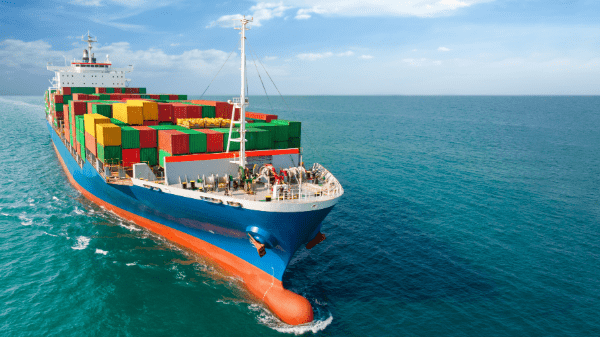Red Sea piracy has held the center of world attention in recent days, as Houthi rebels in Yemen have been attacking commercial vessels in the region.


“At the southern end of the Red Sea is a strait called the Bab al-Mandab Strait, also known as the Gate of Tears. This narrow strait borders Yemen, and it’s where the Houthi rebel group has been making a good number of its attacks,” reports NPR.
This approach is increasingly risky—and expensive, for shippers. Maritime insurers provide “war risk insurance” for such occasions, but rates for this insurance have soared since the Houthis have increased piracy in the last few months. Another choice—taking a much longer route around the Cape of Good Hope—is probably even more expensive.
Consequently, the major shipping lines Maersk and Hapag-Lloyd have halted Red Sea operations.
The regional produce industry has suffered as well. Egyptian citrus producers have had to cancel contracts to destinations in the Far East such as Malaysia, Hong Kong, Singapore, and Sri Lanka. They are particularly concerned because they have just started their Valencia season.
American moviegoers will remember from Tom Hanks’ 2013 film Captain Phillips, which was based on a true account of the capture of an American ship by Somali pirates in 2009, that the Horn of Africa has been a locus of maritime mayhem in recent decades.
The situation was aggravated with the Israeli reprisal against the Gaza hostage incident in October. The Houthis, an insurgent group in Yemen, attacked vessels under the Israeli flag as an act of solidarity with the Gazans. But they have turned to attacking ships with no connection to Israel at all.
The U.S. Navy has led the response, launching ships to protect commercial vessels and deter piracy.
The situation is still more complicated in that some of the ships that have been passing through the Red Sea had been detoured from the Panama Canal, which is suffering from its own slowdowns as a result of low water levels due to drought.
Senior United Nations representatives have told the UN Security Council “of the imperative to safeguard global supply chains and avoid exacerbating regional tensions.”



